Joshua Ryan, 29 years old, considers himself a "true Vietnamese" after 10 years of living in Ho Chi Minh City and mastering all the customs and habits of the natives.
On Sunday morning, the first day of July, Ryan woke up early to go to the market to buy flowers and fruits to prepare for the full moon offering. "Offering makes the house warmer," the Portuguese-American explained. He reached for the scissors and trimmed the marigolds as skillfully as a housewife, then arranged the flowers, straightened them, and poured water into the vase. Ryan arranged three mangoes on a plate and lit incense, the smoke filling the house.
Joshua Ryan said that he has been in Vietnam for nearly 10 years, so he not only has the habit of making offerings on the 1st and 15th of every month, but also goes to the pagoda every year to celebrate Vu Lan, worship the Kitchen God, burn votive paper on the 23rd of Tet, and fumigate his house with aromatic leaves to "feel peace in his heart".

Ryan during a visit to Hanoi to attend an exchange program on Vietnam Television, December 2022. Photo provided by the character
The first time Ryan saw Vietnamese people worshiping was when he was 10 years old in his hometown of Portland, Oregon. Because his parents were always busy, he often went to visit his neighbor, a woman of Hue origin who became his adoptive mother. She explained that worshiping was a custom to express respect to ancestors, heaven and earth, and to pray for peace. He was extremely surprised when she closed her eyes, clasped her hands, and prayed.
Curious about Asian culture, Joshua Ryan often went to a Vietnamese temple 800 meters from his home to do volunteer work, chant sutras and learn Vietnamese from the nuns. His adoptive mother read the Tale of Kieu to Ryan, taught him how to use chopsticks, make tapioca dumplings and listen to reformed opera. Thanks to his adoptive mother, Ryan speaks Vietnamese well, even speaking with the accents of the three regions of the North, Central and South. "Vietnam has been ingrained in me since I was a child," he said.
In the summer of 2012, Ryan spent his savings to travel to Vietnam for three months and decided to stay in Ho Chi Minh City. He took the Vietnamese name Tran Luan Vu, a combination of his adoptive mother's last name and the name of the Cai Luan artist he admired.
Ryan's first shock in Vietnam was the "karaoke madness" syndrome. His neighbors sang whenever they had free time. But things gradually changed when he was drawn into these parties. "The first round was always eating and drinking, and beer. When they were tipsy, they started going to karaoke," he recalls.
Ryan said that Americans have a saying " Fake it until you make it". At first, the young man agreed to sing a few bolero songs. He realized that karaoke was more fun than he thought, it connects people in an intimate space. Now, Ryan said that on average, in a party with friends, he has to sing nearly 8 songs in all genres of music, including reformed opera.
"Once I went back to America to visit home. The fun became lacking without the karaoke and the noisy laughter. From then on, I thought Vietnam was my home," Ryan said.
After 15 years living in Vietnam, Nigerian Nadis Uzor said that the most interesting thing is the "5:59 p.m. culture". He learned this term from his Vietnamese friends, referring to the time one minute before getting off work and men will invite each other to drink.
Nadis was also present in this party, because drinking was an interesting concept to him. A mat was spread out in the middle of the house, and grilled squid, ham, or fried chicken were placed in the middle. He prepared beer that was already chilled in ice, opened it, and proactively invited everyone. "One person holds a glass, everyone has to drink," Nadis said.
Nadis's alcohol tolerance is about two bottles, but if he is invited to continue, he will ask for a "sip" and everyone will happily accept, the African man shared. In Nadis's hometown, there is no concept of drinking. If people want to drink alcohol, they go to the bar, sip some salted cheese or bacon. Each person drinks according to their needs and there is no culture of inviting each other to drink.
In the summer of 2010, during his first drinking session with Vietnamese people, Nadis was shocked by the culture shock of forced drinking. When his beer glass was half empty, someone automatically poured more for Nadis and invited him to drink it all. After Nadis drank two bottles, they begged him to drink more. Nadis's friends explained that they did it because they liked him and wanted him to enjoy the group.
Two years later, after attending many drinking parties, Nadis realized that drinking when invited is also a way to respect people. "If I can't drink, I will still hold the bottle and pretend to drink to make them happy," Nadis said. One of the reasons Nadis likes drinking in Vietnam is because of the way Vietnamese people exchange and share everything, including joy and sadness.
"More and more foreigners want to settle in Vietnam, with demand estimated to increase by about 20% each year since the Covid pandemic, with the majority coming from Americans, Canadians, and Australians," said Guillaume Rondan, founder of Movetoasia, a company that helps foreigners invest and settle in Asia.
Vietnam ranked 7th out of 52 countries worth living for expats in 2022, according to the annual Expat Insider survey by InterNations. In which, the index of ease of settling in, making friends, socializing, and affordability was rated highest.
The survey results also showed that local culture is a factor that is particularly popular with expats, with 83% feeling welcomed (compared to 66% globally) and 71% feeling at home (compared to 62% globally). In terms of personal finance, Vietnam ranked first globally, with 80% of expats satisfied with the general standard of living, compared to 45% globally.
However, Mr. Guillaume Rondan said he often advises clients to spend at least three months in Vietnam to learn about the culture before deciding to settle down.
Also from this advice, before retiring in 2014, Mr. Jefferson Saunders, 73 years old, went to Vietnam four times to learn about life in Ho Chi Minh City but it took 7 years to "become a Vietnamese American".
The house Jefferson lives in is located deep in an alley in Binh Thanh District, about 100 square meters wide, with two rooms and one bedroom. Because he loves Vietnamese vegetables, he bought seeds to plant himself, and built trellises for vines to grow squash, pumpkin, and gourd. There are some plants in the garden that he doesn’t even know the English names for, so he calls them the way people call them.

Mr. Jefferson Saunders harvests vegetables and fruits in his garden in Binh Thanh District, Ho Chi Minh City. Photo: Ngoc Ngan
During his first week in Vietnam, Jefferson found it strange that all his neighbors disappeared at noon. He found out that they were taking a nap. Gradually, Jefferson realized that the Vietnamese habit of napping was very good because working in the hot weather takes a lot of energy. A few months later, he also started napping and it became a habit that he could not give up. Every afternoon, Jefferson slept for about 1.5-2 hours and felt more refreshed and alert in the early afternoon. "Vietnam's climate is very different from Seattle's, I think the habit of napping is reasonable," said Jefferson Saunders.
He also enjoys the neighborhood culture in Vietnam. Unlike in the US, houses here are often close together. "They are close-knit and influence each other," he said. For the most part, neighbors know each other's faces, names, and are interested in each other's personal stories.
Because of this, Jefferson Saunders had to raise his voice to his neighbors when he witnessed him beating his wife. Another time, he complained to a woman in his neighborhood when someone frequently dumped trash in front of the gate and urinated in public. Despite installing cameras and giving direct feedback, the situation did not improve. "Somehow, this story spread throughout the neighborhood, making him ashamed and having to stop," he said.
Jefferson Saunders believes he has more reasons to stay in Vietnam than to leave. He has lost 20 pounds and is healthier thanks to his Vietnamese eating habits. He occasionally participates in local senior citizen programs, performing in traditional Vietnamese costumes and performing arts.
"I am happy living in Vietnam," the 78-year-old man affirmed.
Vnexpress.net





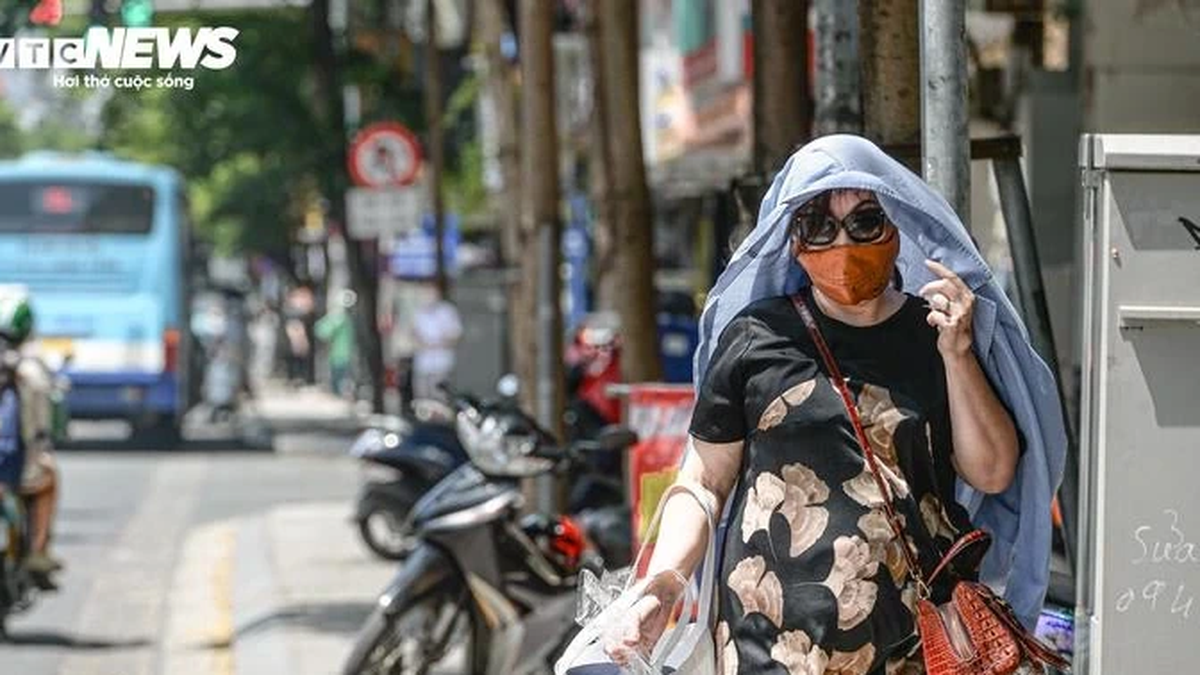


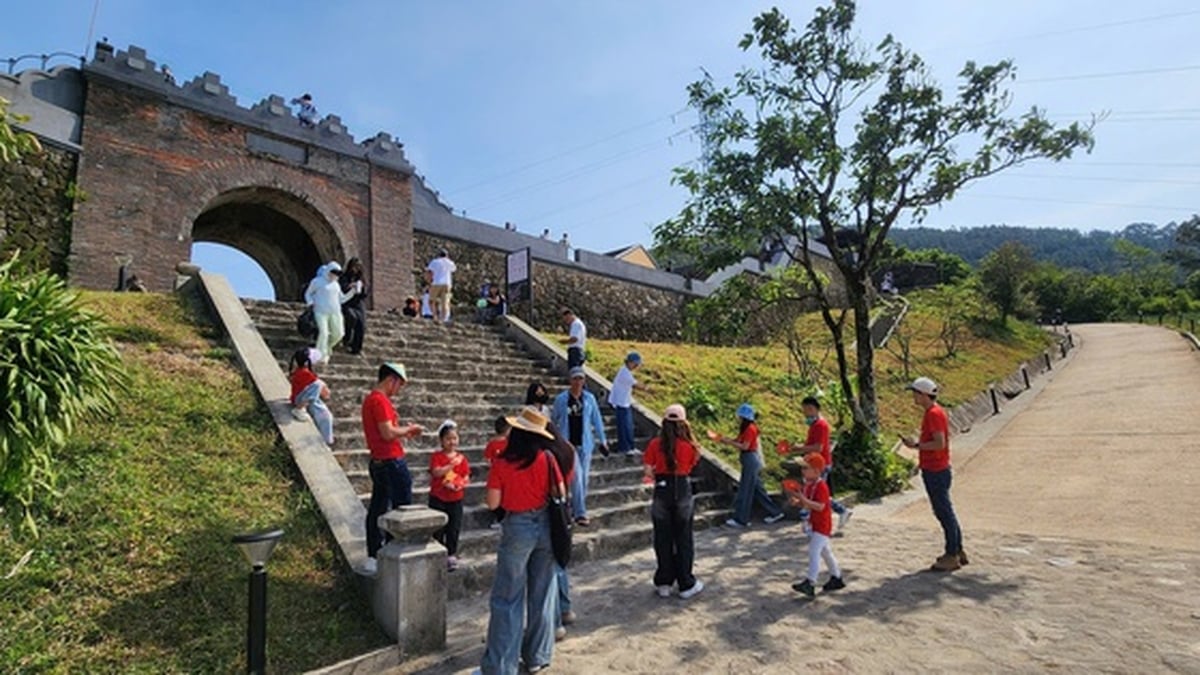





































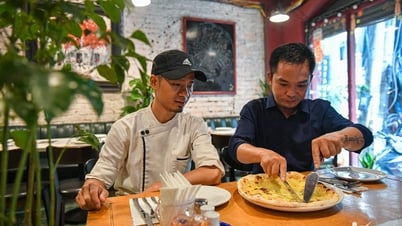





















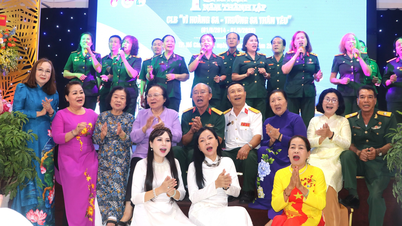


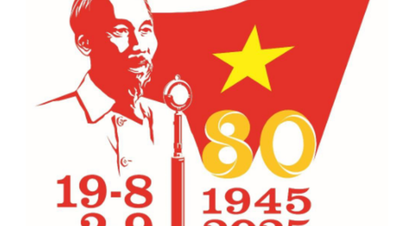



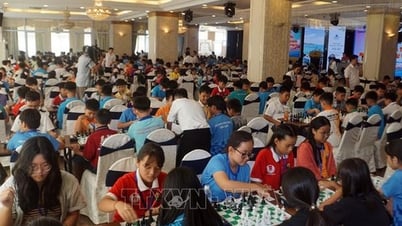

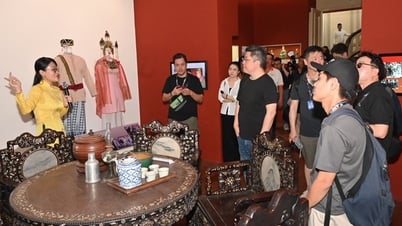


















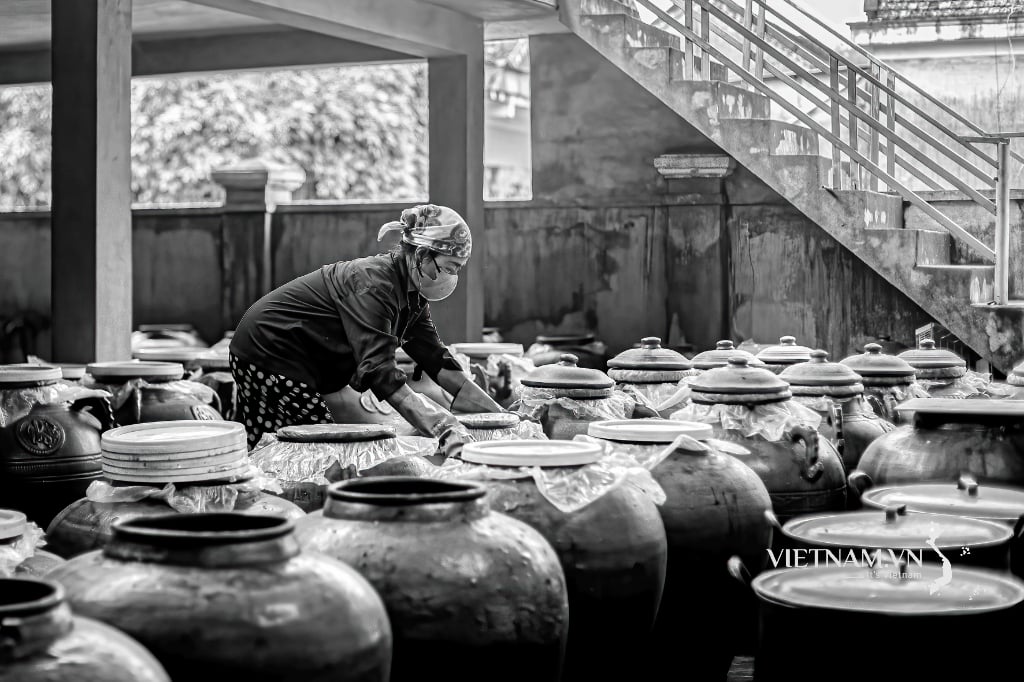


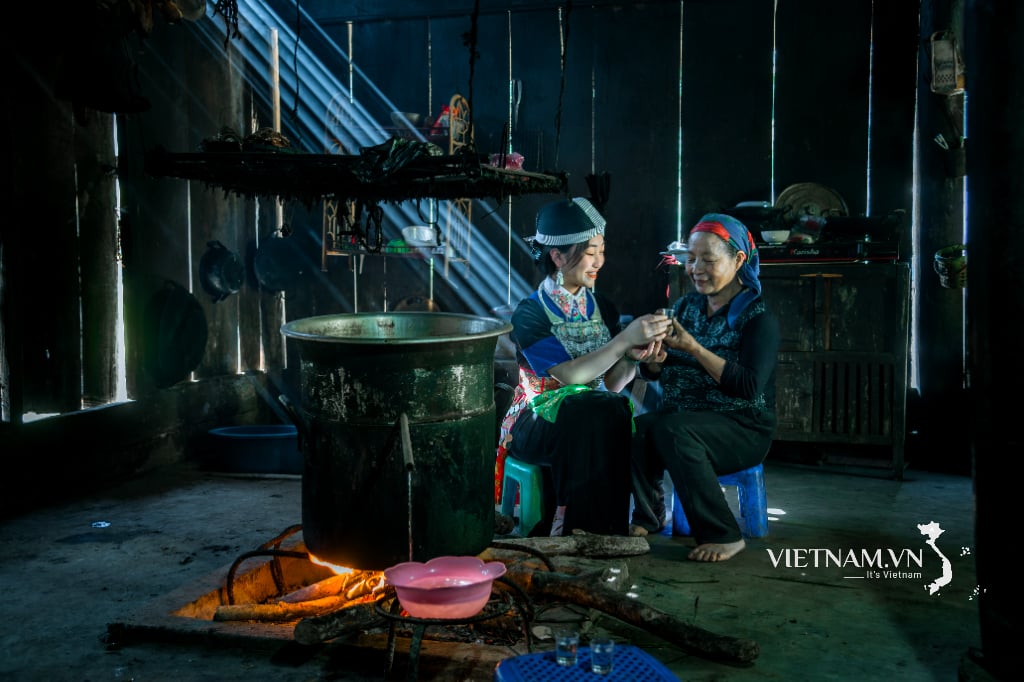
Comment (0)